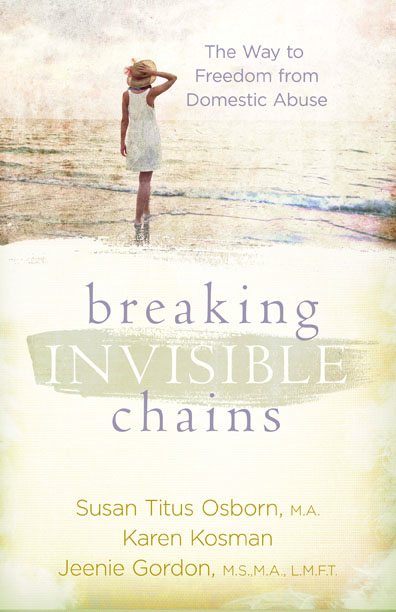Why should we write for children?
Today there are more than 2.2 billion children in the world. Children represent 27% of the world’s population. The American population more than tripled during the 20th Century. There are over 328 million people in the US, and 74.1 million of those are under the age of 18.
Each child is a potential reader of what you write.
A study by the Barna group shows that 43% of children made their professions of faith before the age of 13 and that 2 out 3 Christians professed their faith before the age of 18. The study also showed that younger children who call themselves Christians are more likely as adults to describe themselves as deeply spiritual, give more money to the church, and engage in lifestyle evangelism.
We can teach children about God and Jesus, but they need to internalize what they learn in order to accept Jesus as their Lord and Savior. They need to learn to own their own faith, and an excellent vehicle for this is books. We can mold these young minds and help develop their faith through what we write. What an exciting challenge!


